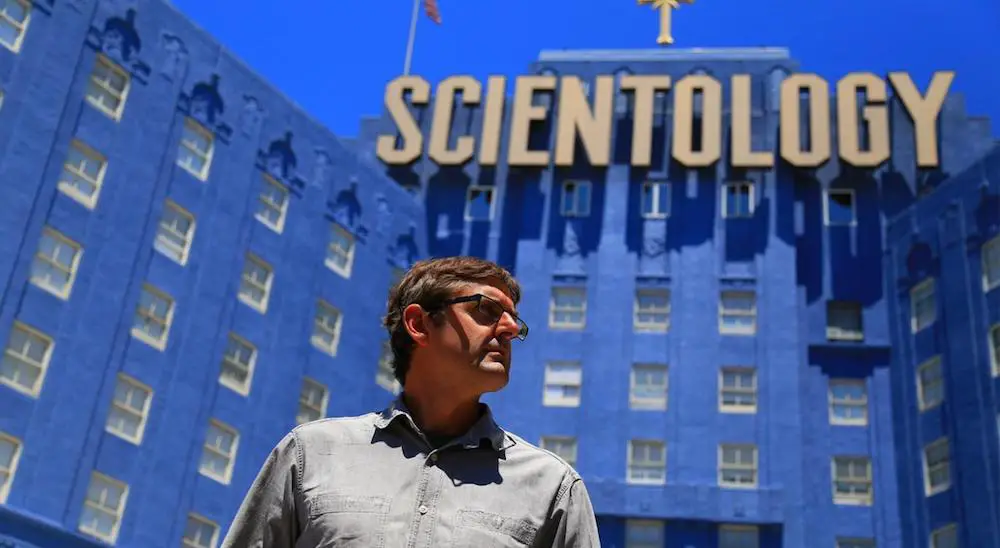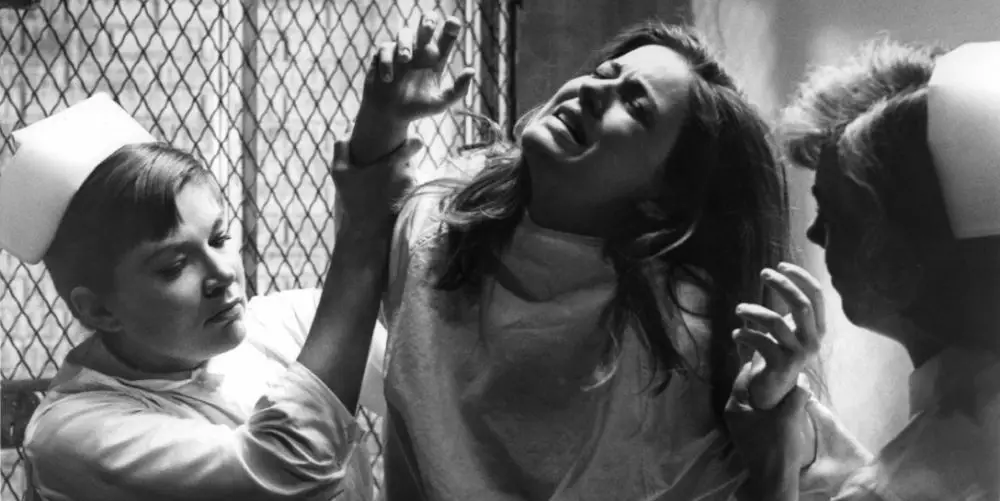United States
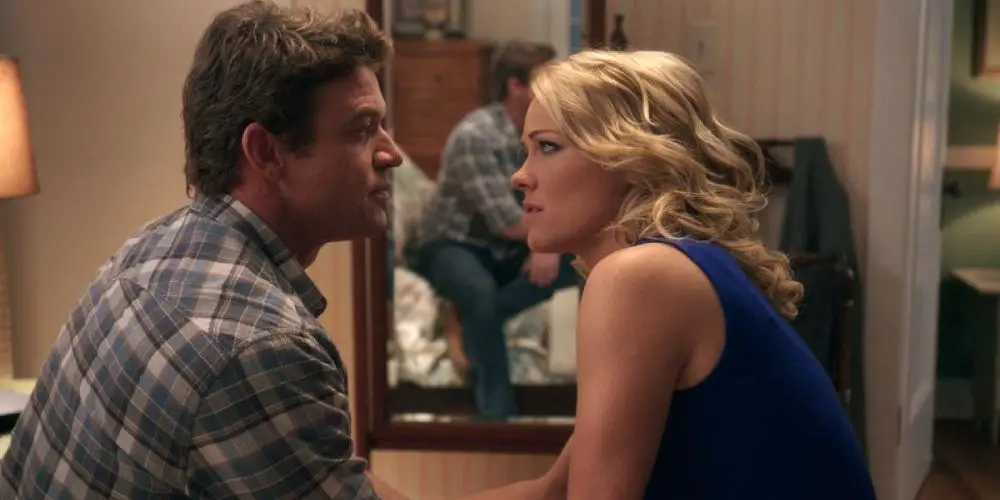
Every now and then there is a movie or two that’s so bad that you actually find yourself walking away from it halfway through, or having to pep talk yourself into finishing watching – that’s the category that Is That A Gun In Your Pocket? falls into. The film is an attempt at comedy written and directed by Matt Cooper, starring Andrea Anders, Matt Passmore, John Heard and Cloris Leachman.
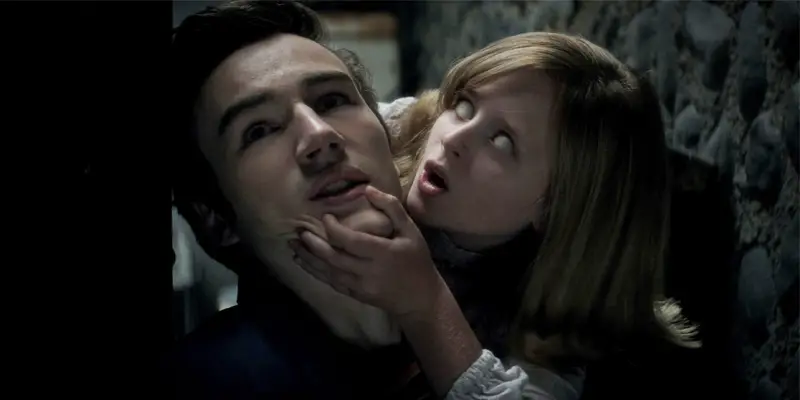
Horror is in an extremely interesting place at the moment. Thanks to the rise of video-on-demand platforms and new technology, barriers between creator and distributor are disappearing, the amount of independently-made films are rising and the availability of these films is quite accessible. The trade-off of this is the problem of quantity over quality, which has meant that, much like the exploitation era of filmmaking in the 1970’s, every new or original film that is successful is followed with a string of derivative imitators, looking to cash in on genre recognition or fans looking to branch out on that particular subject matter.

Interpreted from the widely popular young adult fantasy novel by Ransom Riggs, Miss Peregrine’s Home for Peculiar Children is home to the latest magical world from the mind of Tim Burton. Alas, there is no appearance from Johnny Depp or Helena Boham Carter, yet there is no doubt that the somewhat creepy, dire visuals on-screen belong to a Tim Burton film. Aside from the visuals and construction of characters, though, there isn’t much more to this book adaptation.
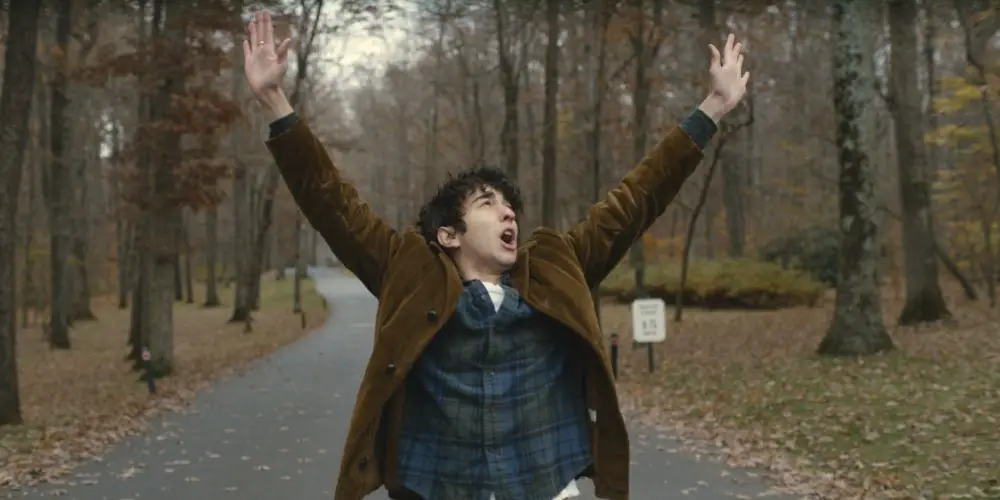
Based on the real life personal experiences of writer and director James Steven Sadwith, Coming Through the Rye offers a strange and circuitous coming of age teen drama about a young boy named Jamie Schwartz who seeks out the reclusive author of “The Catcher in the Rye”, J.D. Salinger, in 1969 New Hampshire.
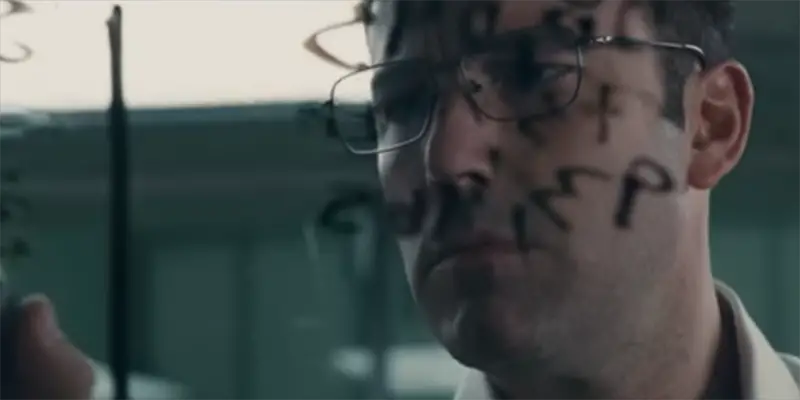
Walking out of the theater, all I could think about was how much I had enjoyed watching The Accountant. It had the right amount of action, comedic relief and character depth – specifically with the film’s main character, Christian Wolff. When it came time to sit and write about what I had seen, though, I found that this great movie may have been more lacking than I had initially thought.
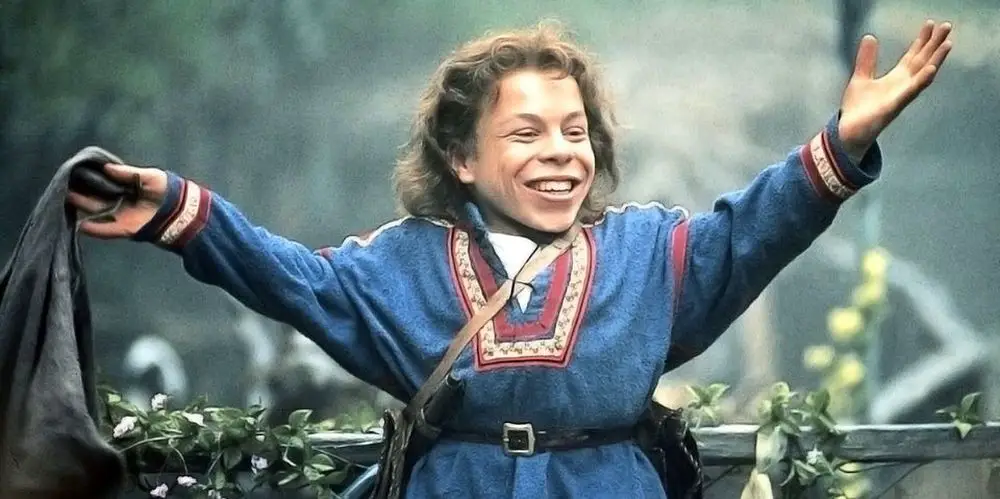
Willow has a special place in many film lovers’ hearts. Many of those who love the 1988 fantasy epic saw it as children, and at that young age, the film was possibly the greatest cinematic achievement they had ever seen. There were unlikely heroes, wondrous creatures and imaginative magic filling nearly every frame.
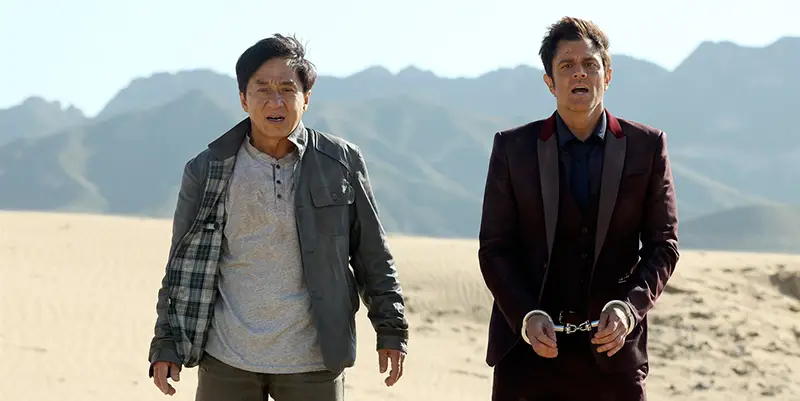
Skiptrace (originally titled Jue Di Tao Wang) is a 2016 action-comedy film directed by Renny Harlin and starring Jackie Chan, Johnny Knoxville and Chinese actress Fan Bingbing. It is about a Hong Kong cop and an avid gambler that must team together, each for their own reasons, and take down the Chinese crime syndicate and its mysterious leader ‘The Matador’. It is a film that I, in all honesty, did not want to sit down and watch at first but did, due to unmentionable circumstances, and in my forced viewing of this easy-going and lighthearted film, I began to remember why Jackie Chan is one of the most beloved names in Hollywood.
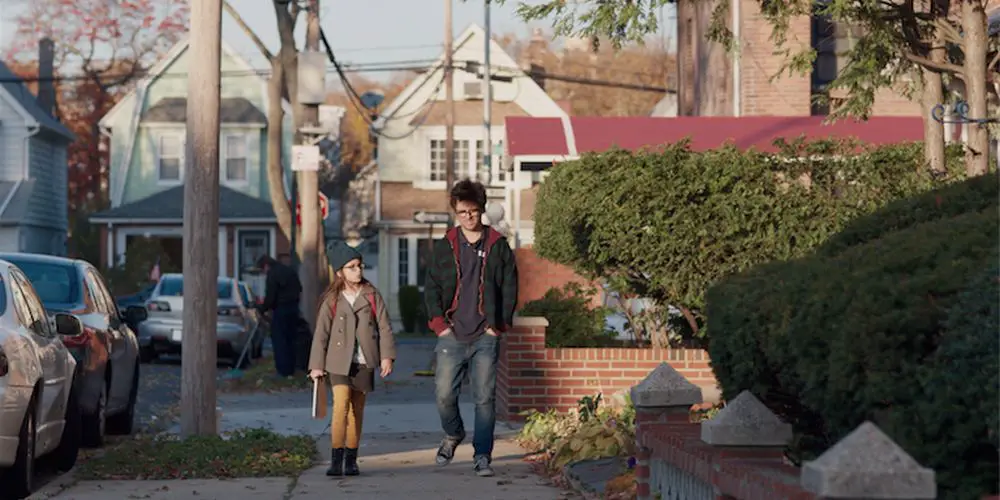
A midlife crisis is roughly defined as a period of anxiety and disappointment reflecting on your past as you approach middle age. Those going through a midlife crisis are noted to act irrationally compared to their previous behaviour in a need to get out of a self-perceived rut. It has often been noted that no two people react to the dawning of maturity in the same manner, even if the cause of the anxiety is always the same.

Coming Out is the personal story of young filmmaker Alden Peters. The film follows his coming out process as he tells his parents, friends and siblings how he has repressed his sexuality for a number of years. In using a homemade video style of filming, Coming Out gives us an insight into not only Peters’ journey but into his mindset as he starts to immerse himself into the 2016 LGBTQ lifestyle.

Hollywood seems to be stuck in an age of remakes and sequels. Though original films do exist, they are never as popular or successful as the large-scale blockbusters, which are the only sure moneymakers for studios. Coming from this standpoint, it’s no surprise that Antoine Fuqua’s The Magnificent Seven exists.
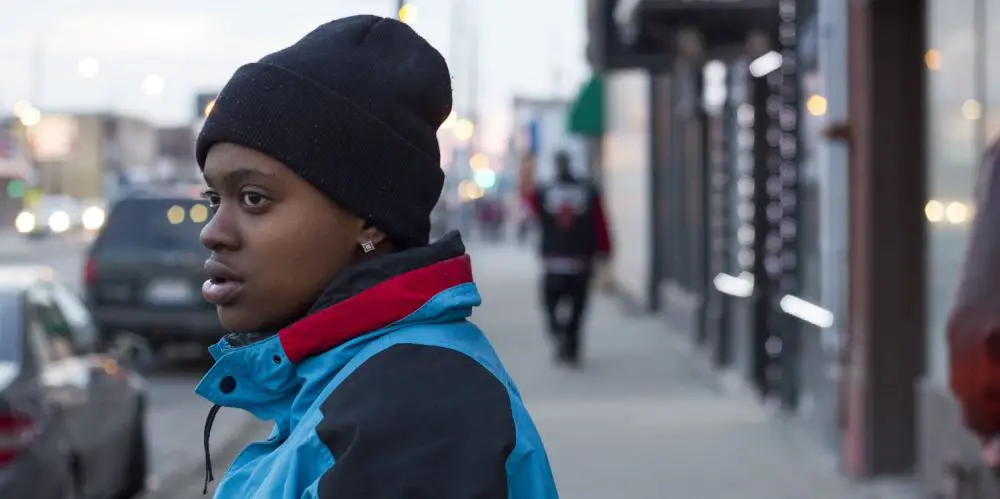
The sincerity of The Homestretch is certainly never in doubt. Depicting the plight of three homeless teens in Chicago, Anne de Mare and Kirsten Kelly’s documentary interweaves the personal stories with various facts and statistics highlighting the widespread nature of the issue. Unfortunately, despite its pure intentions, The Homestretch never really manages to succeed to be truly engaging, regardless of the clear warmth of the three featured youths.
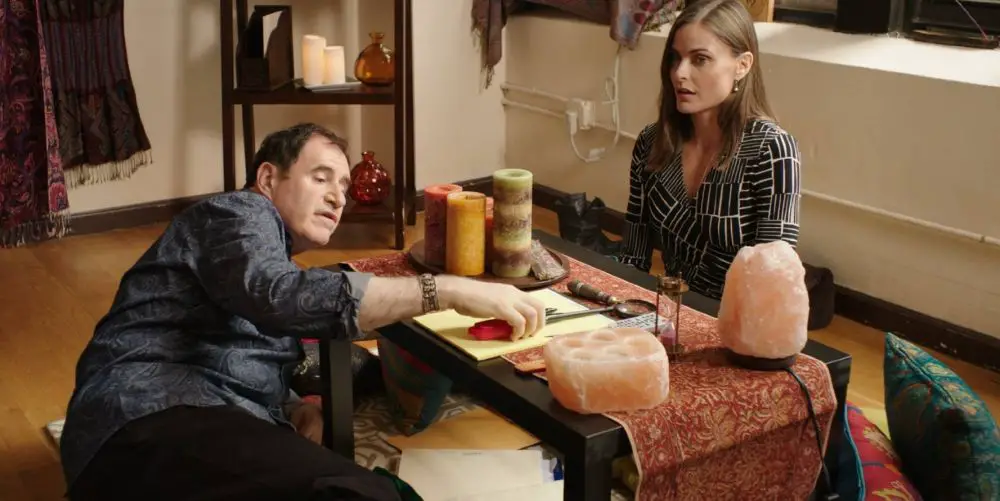
Sometimes when a movie starts off slow, it picks up and has a good pay off in the end which makes the slow and boring parts forgivable. That’s not the case for Detours, written by Mara Lesemann and directed by Robert McCaskill. The film stars Tara Westwood and Carlo Fiorletta with cameo appearances by Paul Sorvino and Phyllis Somerville.
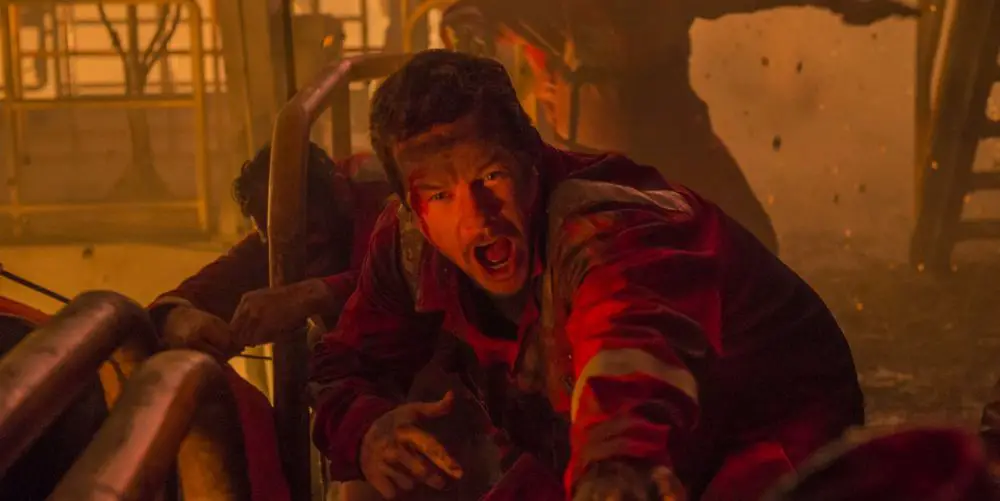
Preservation of the environment shouldn’t be a political issue, let alone a controversial one. Yet the right wing governments of the western world are frequently abandoning environmental and climate change issues, even building entire grand-standing platforms on how the entire act of climate change is a mere myth. The masses no longer trust “experts”, no matter how many facts they have on their side about the devastating realities of our changing environment.


